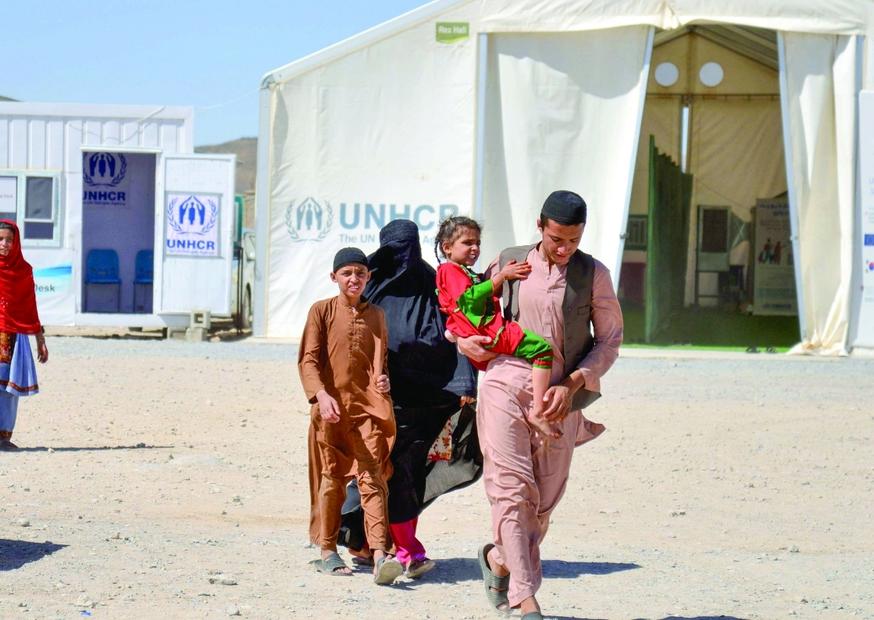BERLIN: In a move sparking global debate, Germany has introduced a controversial plan offering cash incentives to Afghan nationals stranded in Pakistan who agree to withdraw from its humanitarian resettlement programme. The initiative, aimed at reducing the backlog of relocation cases, provides financial support to those willing to return to Afghanistan or move to a third country instead of waiting for approval to enter Germany.
According to reports, Afghans approved under Germany’s admission scheme are being offered €2,500 for voluntarily exiting the programme before departure and an additional €10,000 in aid once they settle elsewhere. The assistance package also includes medical support, temporary accommodation, food provisions, and travel arrangements for those returning or relocating.
The humanitarian admission programme, launched in October 2022, was designed to relocate vulnerable Afghans — including former local staff, journalists, women’s rights activists, and others at risk under Taliban rule. However, the new policy reflects Berlin’s shifting priorities under growing domestic pressure to tighten migration controls.
Human rights groups have condemned the plan, calling it a “financial pushback” against vulnerable individuals who had been promised protection. Many of these Afghans fled the country after the Taliban’s return to power and have since been living precariously in Pakistan, awaiting visa approvals. Reports indicate that around 2,000 approved cases remain stuck, with no clear timeline for relocation.
The German Interior Ministry confirmed that the payments are part of a “voluntary return and departure” initiative, intended to ease administrative strain and lower migration numbers. However, critics argue the plan effectively shifts responsibility away from Western nations that once promised safe passage to those who supported their missions in Afghanistan.
Meanwhile, Pakistan’s ongoing repatriation drive has added further pressure, as Afghan refugees face increasing risk of forced deportation amid the uncertainty surrounding Germany’s suspended admissions. Observers warn that the financial incentive may compel desperate individuals to make dangerous choices, potentially returning to a country still grappling with instability and economic collapse.
As the policy unfolds, international aid groups and rights defenders are calling on Germany to reassess its approach, urging that financial incentives should not replace humanitarian commitments made to those who risked their lives during the Afghan conflict.
This story has been reported by PakTribune. All rights reserved.



